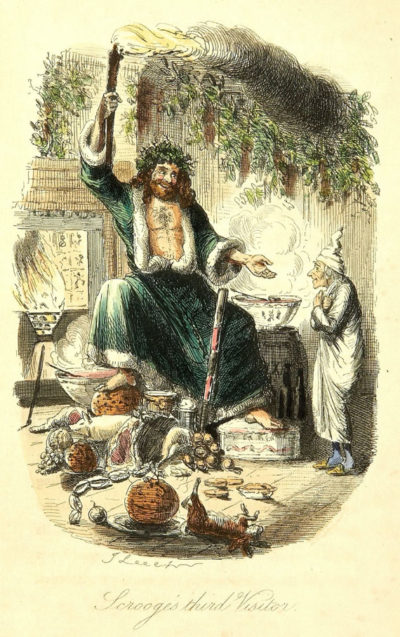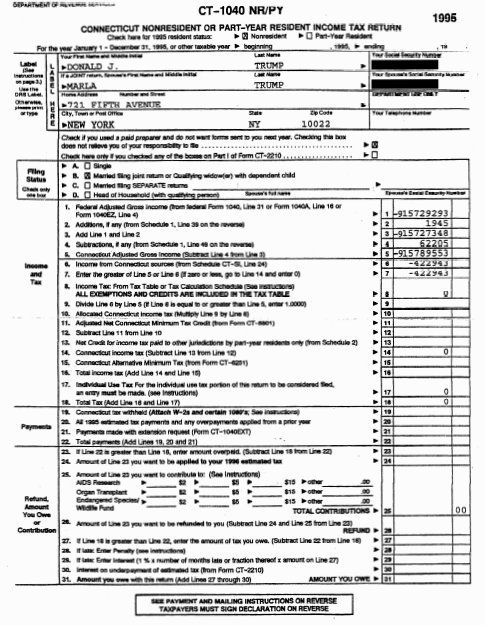The first Jesuits sought to integrate themselves into Chinese society. First presenting themselves as Buddhist monks they soon realized they were seen as beggars. Next they headed for the Mandarinate - approximately their position in Europe. They embraced Confucianism as an ethical tradition but when the Pope found their sinification heretical they found themselves expelled from China and suppressed in Europe. See Liam Brockey's Journey to the East - The Jesuit Mission to China 1579 - 1724 - gwc
推进我国天主教坚持中国化方向五年工作规划(2018 - 2022) Five-Year Work Plan for Advancing Adherence of Catholicism in our Nation to the Direction of Sinification (2018-2022) : China Law Translate
In order to spread the gospel of Jesus Christ to all people in the world, Paul the Apostle initiated the idea: "I have become all things to all men." (1 Cor 9:22). From an historical perspective, the healthy development of Catholicism in our country and the Church's adaptation to society and culture are the same, and there have been both positive and negative experiences that can be drawn from in this regard. After the Second Vatican Council, discussion of localization among the churches of the world opened a new route for the local development of the Catholicism. In our country, adherence to the direction of sinification of Catholicism has had an important significance, and since the establishment of new China, especially in the 40 years since Reform and Opening, the Catholic Church in China has worked to adapt to the socialist society with Chinese characteristics and has had great achievements on evangelizing. As our country has entered into a new era of development, it is urgent to solidify the foundation for the development of the Church in our country's society and culture by deepening the sinification of Catholicism. It is therefore necessary to be problem-oriented, to focus on study of theological ideology, and to establish examples of the sinification of Catholicism, to forcefully advance the sinification of Catholicism.
II. Guiding Ideology, Primary Goals, and Basic Meaning
(1) Guiding Ideology
Guided by Xi Jinping Thought on Socialism with Chinese Characteristics for a New Era, particularly the spirit of his speeches on the adherence to the direction of sinification of religions in our country, and led by the Core Socialist Values, follow the direction and path of sinification clearly identified by the 9th National Congress of Chinese Catholic Representatives; to continuously promote the sinification of Catholicism and gradually enrich the sinification of Catholicism, on the basis of bible and inheriting traditions, and complying with the thoughts and discussion of the Second Vatican Council.
(2) Main Goals
Increase understanding and recognition within the Church of adherence to the direction of sinification of Catholicism, advancing the adaptation of Catholicism and socialist society in our nation, leading the clergy and congreagations to practice the Core Socialist Values, strengthening the Church's own construction, advancing the church's spreading of its blessings, giving play to the active role of Catholicism in promoting out nation's economic and social development, and give strength to the realization of the Chinese Dream of the great rejuvenation of the Chinese People.
Further explore content in religious doctrine and canon that are conducive to social harmony, modern progress, and human civilization; interpret doctrines and canon in line with contemporary Chinese developments and improvements and China's outstanding traditional culture, continuously solidifying the harmonious foundation for relations between Catholicism and the Party, government, society, other faiths, and non-believers.
(3) Basic Meaning
Adherance to the direction of sinification of Catholicism in our country requires conscientious approval in politics. Love of the motherland, and obedience to the national regime is the responsibility and obligation of every Christian. The core of political approval is accepting the leadership of the Chinese Communist Party, supporting the Socialist system, and preserving the authority of the Constitution and laws, the unity of the people, and the integrity of the mother land;
Adherence to the direction of sinification of Catholicism in our country requires conscientious cultural integration. Practice the Core Socialist Values and accept infusion of the exceptional Chinese traditional culture; advocate Chinese styles and integrate with Chinese culture in suggestions on theological ideology, expressions of social rites, and in construction of churches, painting, music and art.
Adhering to the direction of sinification of Catholicism in our country requires conscientious adaptation to society. To adapt to and serve society, and to fulfill its social responsibility, carry out all work of the Catholicism in accordance with law, preserve the lawful rights and interests of the Church, carry forward the Catholic spirit of being the ‘salt and light' of the world, explore and expand new paths for serving society, promoting social harmony, and join in building a beautiful China.
III. Deepen the Political, Legal and Social Recognition of the Chinese Catholic Church
Lead clergy and congregations to actively practice the Core Socialist Values, ardently love the motherland, support the leadership of the Communist Party and the socialist system, observe law and discipline, and serve society.
(1) Carry out Publicity and Education on Socialism with Chinese Characteristics and the Core Socialist Values
1. Study and implement Xi Jinping Thought on Socialism with Chinese Characteristics for a New Era through methods such as publicity, visits, and study exchanges; strengthening clergy and congregations' self-confidence in the path, theory, systems, and culture of socialism with Chinese characteristics; and recognition of the unity between patriotism and devotion, and between the healthy development of Catholicism and the prosperity and strength of the motherland;
2. Carry out publicity and education on the Core Socialist Values, and make their practice a basic requirement of adherence to the direction of sinifying the Catholic Church; and guide clergy and congregations to establish and adhere to correct views of history and ethnicity, and strengthen awareness of the community of the Chinese people.
3. Implement the charter and work regulations of the Patriotic Association, complete and improve each local organization of the patriotic association, and give play to the role of the patriotic association organizations as bridges and ties.
(2) Persist in the Principle of Independent and Autonomous Self-management of the Church.





